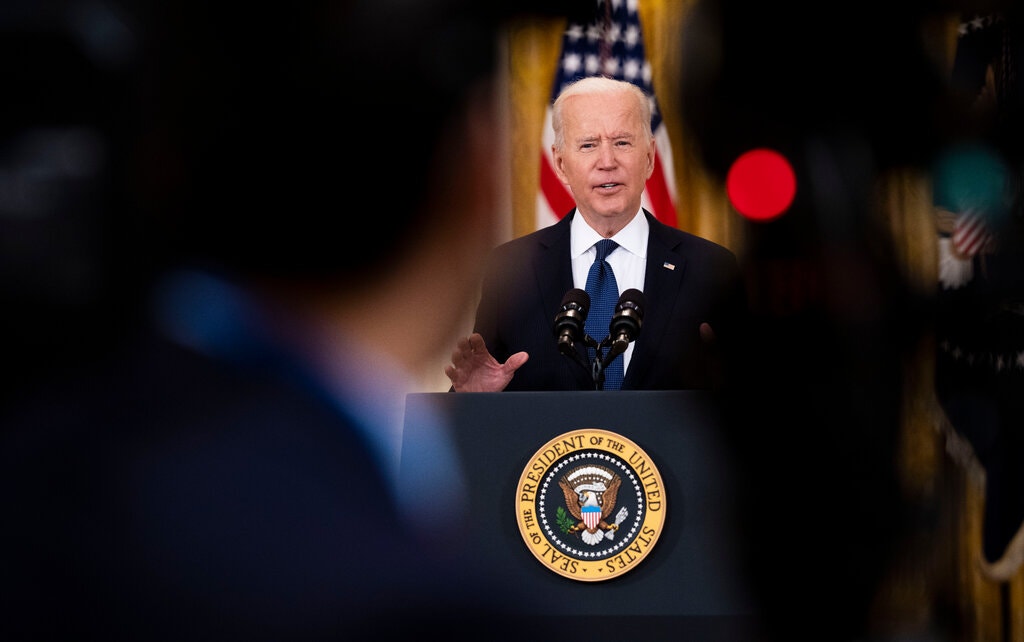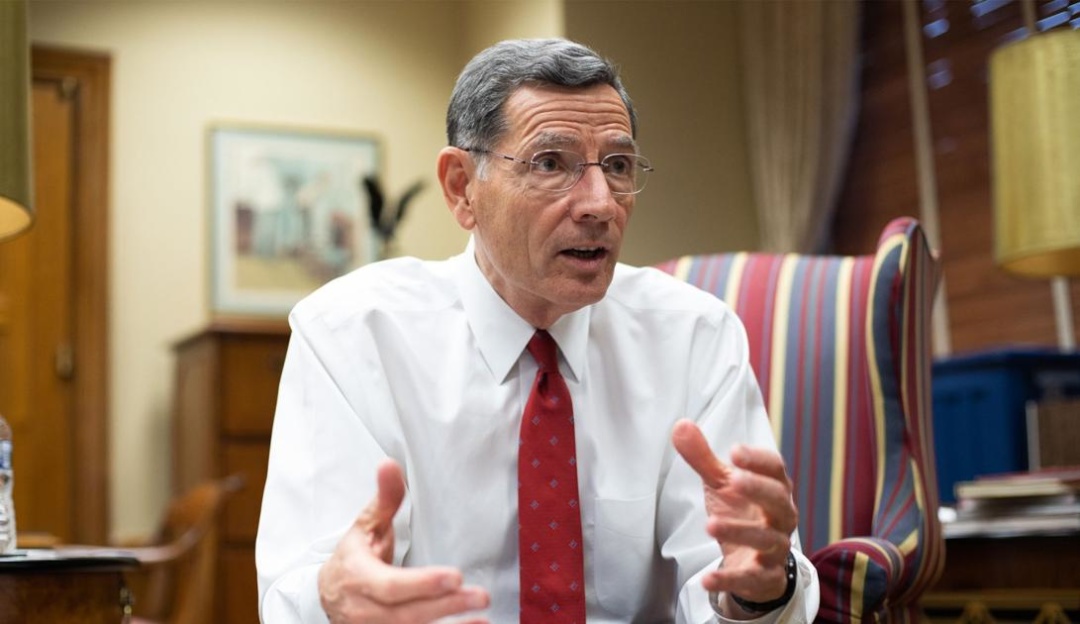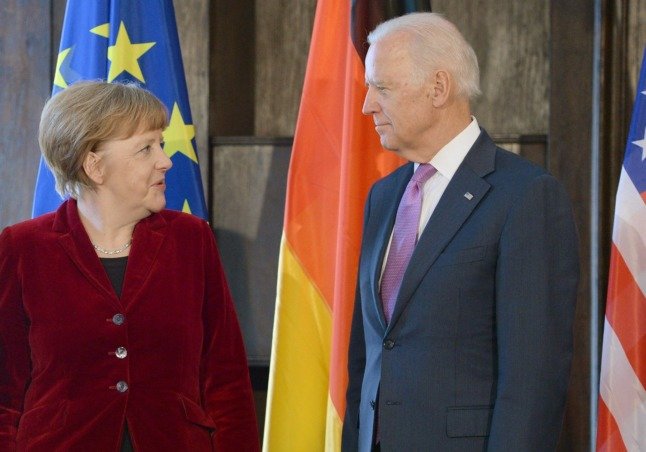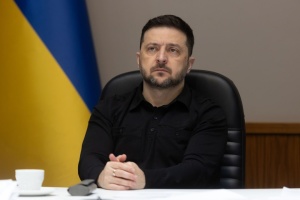
Nord Stream 2, U.S. Congress, and political risks for Biden
The United States has always stood in fierce opposition to Nord Stream 2, both at the end of Obama's term, when the construction was just starting, and under Trump's presidency, when it was more than 90% complete. And although both presidents were guided by different motives, they were still hindering the project’s implementation. In 2019-2020, the unfinished Nord Stream 2 almost sank to the bottom of the Baltic Sea, when European companies were facing real sanctions from the Trump administration. However, after Joe Biden took office, Washington's policy has changed, and now almost nothing prevents the Russian project from being completed. However, now the White House’s position is radically different from the bipartisan vision expressed in the U.S. Congress. So what could be the political implications for Biden's presidency?
CAPITULATION TO THE KREMLIN?
Despite the White House's explanation that the United States sought to restore the true alliance with Germany in this way, Biden's decision on Nord Stream 2 was still perceived in Washington as a surrender of national interests in Kremlin’s favor. Neither promises of security guarantees for Ukraine, nor Germany's assurances that Russia would continue to use the Ukrainian gas transmission system, nor vague commitments to prevent the Kremlin from using gas as a weapon added certainty.

Photo: The New York Times
Lawmakers in U.S. Congress – importantly, including Biden's fellow party members – don’t hide their disappointment over the fact that, while stating that Nord Stream 2 is a "bad deal", the administration is in fact doing everything to make the project work.
Senator Tim Kaine, a Democrat and member of the Senate Armed Services and Foreign Relations Committees, explicitly said he wasn’t happy with the pipe – not only because of the policies Russia pursues but also due to the climate change concerns.
Senator Jeanne Shaheen, co-sponsor of sanctions legislation on Nord Stream 2, has publicly voiced skepticism about the agreement between the U.S. and German governments, raising doubts it would be sufficient to settle issues when a key player at the table – Russia – refuses to play by the rules.
Republicans, in turn, accuse the Biden administration of directly violating the law, which requires sanctions to be introduced against all companies engaged in the Russian project. For example, Senator John Barrasso, who holds a senior position on the Energy Committee, called the Biden-Merkel deal a "grave mistake," adding that it is giving Russia a “new geopolitical weapon” which Russia uses “to coerce and manipulate.”

Sen. John Barrasso / Washington Examiner
Giving Russia the opportunity to use these weapons “is not in our national security interest,” the senator stressed. Besides, he noted that the pipe project “funnels more money to Russia at a time of increased malign activities from Russia” and “eliminates barriers for additional Russian military actions in Ukrainian territory.”
Opponents of Russia's pipeline point out that the Kremlin is already using gas as its weapon, including by creating an artificial shortage for Europe in order to raise gas prices, as well as by Gazprom blocking access of European companies to the gas storage facilities of the Ukrainian gas transmission system.
However, Biden and Merkel have chosen the "right" time to declare the deal on Nord Stream 2. On the one hand, Congress won’t be able to block the project at the legislative level for quite a while as it won’t be in session through August. On the other hand, contractors will have time until at least the second half of September to complete the pipeline as soon as possible. However, further comes a stage of certification and insurance, which is also to take certain time.

Photo from dpa
WHAT BIDEN IS RISKING
President Joe Biden is heavily dependent on the U.S. Congress, needing its support of his initiatives. At the moment, Democrats hold the majority in the House and Senate (the majority is minimal in the latter). A number of bills, tabled by the White House, are currently under consideration, including on the restoration of the country's infrastructure in the post-pandemic period; expansion of suffrage; and pardon for illegal migrants. Their approval is as important to Biden now as it was to Trump to build a new wall on the border with Mexico, as well as to curb migrant flows to the United States.
However, the Nord Stream 2 deal creates risks for the incumbent administration, which, due to a conflict of interest, may gradually lose the unanimous and unwavering support of fellow party members, especially in the Senate. If Democrats resort to forcing the White House to impose sanctions on Nord Stream 2 AG at the legislative level, this will significantly hamper internal consolidation. And this, in turn, could draw lines of division within the political force – something Republicans experienced during Donald Trump's presidency.

In other words, any serious disagreements with fellow party members would be costly for Biden who would then have limited opportunities to advance his agenda. At the same time, this threatens political ratings of his political force ahead of the election campaign. So, the White House wouldn’t like to abandon their policy, but at the same time they are interested in avoiding conflict with fellow party members in Congress.
At the same time, harsh criticism of Biden's stance on the part of Republicans, as well as the lack of support from Democrats, raises serious doubts for the American electorate. This could lead to a significant reshuffle in Congress in next year's election where all 435 members of the House of Representatives, as well as 34 of the 100 senators, will be voted in. This means that Democrats risk losing a majority in the upper legislative chamber, or even both.
The launch of the election campaign for Congress isn’t far off. Therefore, for the Republican Party, Biden's position on Nord Stream 2 adds more opportunities for well-founded criticism, as well as a chance to ultimately win more seats. It would be quite logical if the key point in the GOP campaign was the term "conspiracy" to appease the Kremlin as regards the Biden-Merkel deal.
KYIV RELYING ON CONGRESS
The Ukrainian President’s Office is expectedly relying on the firm position of the U.S. Congress. "The very ambiguous Nord Stream 2 memorandum signed by Mr. Biden and Ms. Merkel has provoked an extremely negative reaction among the U.S. political elite," Mykhailo Podoliak, an adviser to the head of the President's Office, said in a comment to Ukrinform.

Mykhailo Podoliak / Photo from the Ukrainian President's Office
After all, he noted, in the last week alone, Western media outlets spat as much negativity at the Biden-Merkel agreement as they probably have since the new administration took office more than six months ago. "Congressmen, journalists, analysts, politicians in European states – all are extremely skeptical about the vague nature and legal uncertainty that this agreement hangs in the air in the context of threats coming from Nord Stream 2," said Podoliak.
In support of this idea, he referred to a public statement by Senator Bob Menendez, Chairman of the Senate Foreign Relations Committee and an influential Democrat, said he continued to oppose the Nord Stream 2 pipe which he believes will affect the security of Ukraine and Europe. Although admitting that the U.S. agreement with Germany may mitigate some of the challenges posed by Nord Stream 2, the U.S. lawmaker says the project still needs to be stopped.

At the same time, Ukraine’s Podoliak pointed out that Republicans are taking a much tougher stance, noting Biden's determination to shut down the Keystone XL pipeline on own soil and thus pointing his attitude toward Nord Stream 2 in Europe which therefore seems illogical.
For Ukraine, this is another "huge argument" in favor of the fact that the fight is far from over and that the issue of security is yet to be resolved, said the adviser to the Presidential Office head. He stressed that this is something that’s been recognized in U.S. Congress, across the American media, as well as among politicians and experts in Europe.
"This will be discussed during President Volodymyr Zelensky's visit to Washington," a spokesman for the Ukrainian President’s Office said.
At the same time, informed sources told Ukrinform, it is possible that President Zelensky will meet with individual members of U.S. Congress during his visit scheduled for late August if lawmakers are able to come to Washington during this period. In addition, the possibility of holding such meetings is being considered for late September, when the president of Ukraine is scheduled to arrive in the United States for the opening of a new session of the UN General Assembly.

Photo from nord-stream2.com
The Ukrainian community in the United States, which, even before the Biden-Merkel joint declaration was announced, called it out as contradicts legislation adopted with bipartisan support, could also have a significant impact on the situation in the DC. The Ukrainian Days in U.S. Congress are periodically held to allow community members get in direct contact with their elected officials and thus contribute to the consolidation of Congress around the Ukrainian issue. In fact, this tool works no worse than lobbying firms in the U.S. capital, having repeatedly proven its efficiency.
Another powerful lobbying force could be the FOUN (Friends of Ukraine Network – ed.), the informal association established by the U.S.-Ukraine Foundation a few years ago. The Network includes former U.S. ambassadors, leading political and international security experts, and international relations pundits. Former members of the U.S. Congress are also engaged with the FOUN, which in some situations is a crucial factor in promoting initiatives in the Capitol.
The potential of the Polish community in the United States should also be taken into account. Its representatives have also been making pro-active statements against Nord Stream 2 and maintaining direct contact with certain legislators in Congress.

Thus, the Biden administration’s decision to green-light the Russian gas pipeline bypassing Ukraine directly contradicts the president’s previous vows and radically shifts his policy away from the consolidated bipartisan position of Congress. This means that the conflict of interests between the White House and lawmakers, including representatives of the Democratic Party, will prevail in the coming months that the completion and certification of the pipeline are set to take. U.S. Congress continues to maintain its unanimous support for Ukraine, which provides a small, but at the same time realistic, window of opportunity for the latter. Kyiv needs to take advantage of this nuance and pursue its path with the U.S. of joint opposition to Russia's hybrid influence in Europe. After all, much depends on the consolidated position of the U.S. Government and Congress.
Yaroslav Dovgopol, Washington, DC
im




